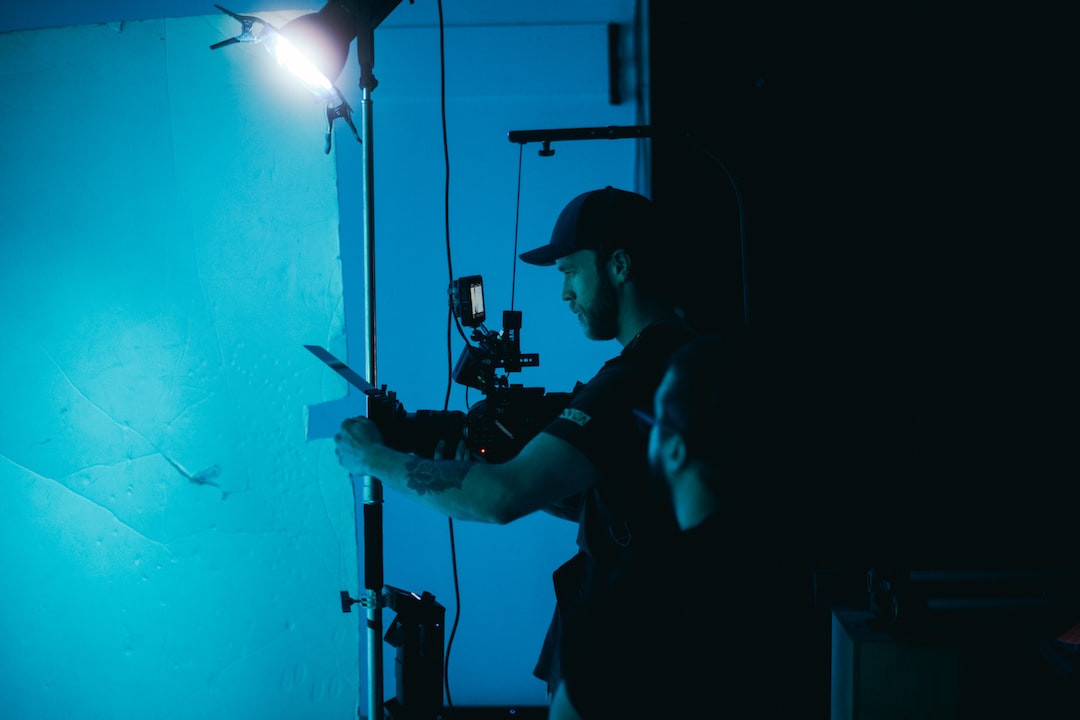The Future of Production: How Emerging Technologies Will Revolutionize the Industry
The world of production and manufacturing is on the brink of a significant transformation. With the rapid advancements in technology, emerging technologies have paved the way for a revolution in how the industry operates. From artificial intelligence to automation, these innovations are set to reshape production processes, increase efficiency, and enhance product quality. Let’s delve into the future of production and how these emerging technologies will revolutionize the industry.
One of the most groundbreaking technologies set to transform production is artificial intelligence (AI). AI has the potential to automate various tasks that were once performed by humans, presenting immense opportunities for increased efficiency and productivity. Machine learning algorithms can analyze large amounts of data to identify patterns and make informed decisions faster than humans. This capability enables companies to optimize production processes, reduce errors, and ultimately minimize costs. AI’s predictive maintenance algorithms can also anticipate failures of machinery, preventing costly downtimes and ensuring continuous operations.
Automation is another key area where emerging technologies are revolutionizing production. From smart robots to autonomous vehicles, automation has the power to streamline processes and improve output. Smart robots, equipped with AI, can perform complex tasks with precision, significantly reducing the need for human intervention. They can work tirelessly and consistently, eliminating human errors and enhancing productivity. Autonomous vehicles, on the other hand, can transport goods and materials efficiently within factories and across supply chains, optimizing resource allocation and minimizing logistical challenges.
Additive manufacturing, commonly known as 3D printing, is yet another technology pushing the boundaries of production. By constructing objects layer by layer, 3D printing offers unparalleled flexibility, customization, and cost-effectiveness. This technology allows for the production of complex and intricate designs that were previously difficult or impossible to fabricate, unleashing creativity and innovation. Moreover, 3D printing reduces waste by using only the necessary materials, making it an environmentally friendly alternative to traditional manufacturing methods.
Internet of Things (IoT) is a network of interconnected devices embedded with sensors and software, enabling them to collect and exchange data. In the realm of production, IoT has the potential to create a smart environment, where machines, products, and humans communicate seamlessly. Connecting machines and analyzing real-time data can provide valuable insights into production processes, enabling timely interventions and continuous improvement. IoT can also facilitate demand forecasting, inventory management, and supply chain optimization, enhancing overall efficiency and customer satisfaction.
Virtual reality (VR) and augmented reality (AR) are transforming the way products are designed, manufactured, and marketed. VR allows designers to create and test prototypes in a virtual environment, saving time and resources. AR overlays digital information onto the physical world, enabling workers to receive real-time instructions, troubleshoot issues, and collaborate remotely. These technologies enhance productivity, improve worker safety, and expedite the production process.
The future of production is an exciting realm of possibilities. Emerging technologies such as artificial intelligence, automation, additive manufacturing, Internet of Things, virtual reality, and augmented reality are set to revolutionize the industry. These innovations will empower companies to streamline processes, reduce costs, and optimize resource allocation. Additionally, they will enable greater customization, creativity, and innovation. However, as we march towards this new era, it is important to embrace these advancements responsibly, ensuring ethical considerations and workers’ well-being are prioritized.
In conclusion, the future of production is bright with the potential of emerging technologies. AI, automation, 3D printing, IoT, VR, and AR will drive a revolution in the industry, pushing the boundaries of efficiency, customization, and innovation. As these technologies continue to develop, it is crucial for companies to stay informed, adapt to the changing landscape, and seize the opportunities they present. The future of production is here, and it promises a world of endless possibilities.
